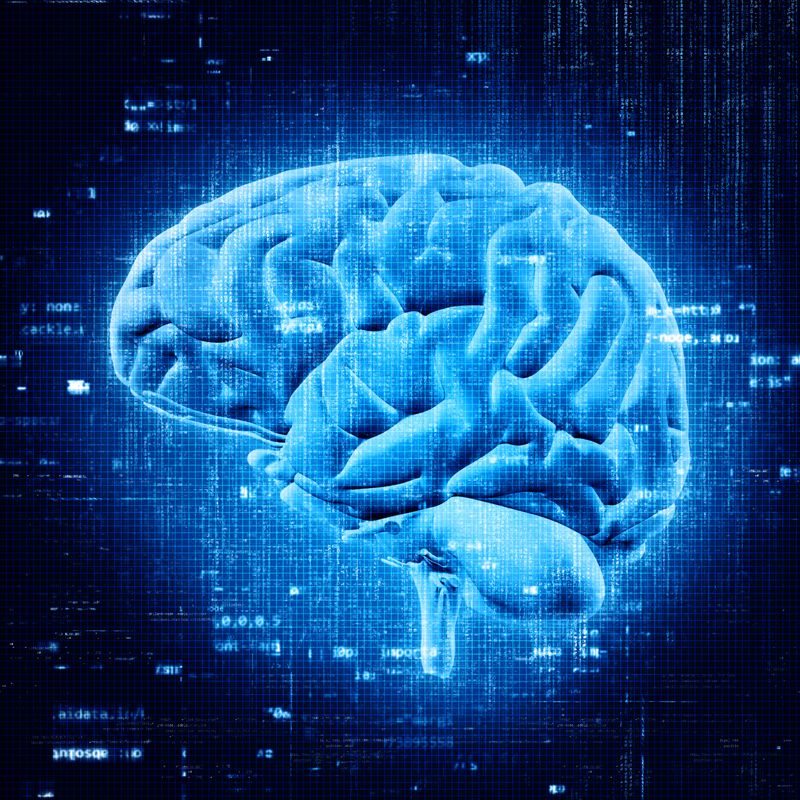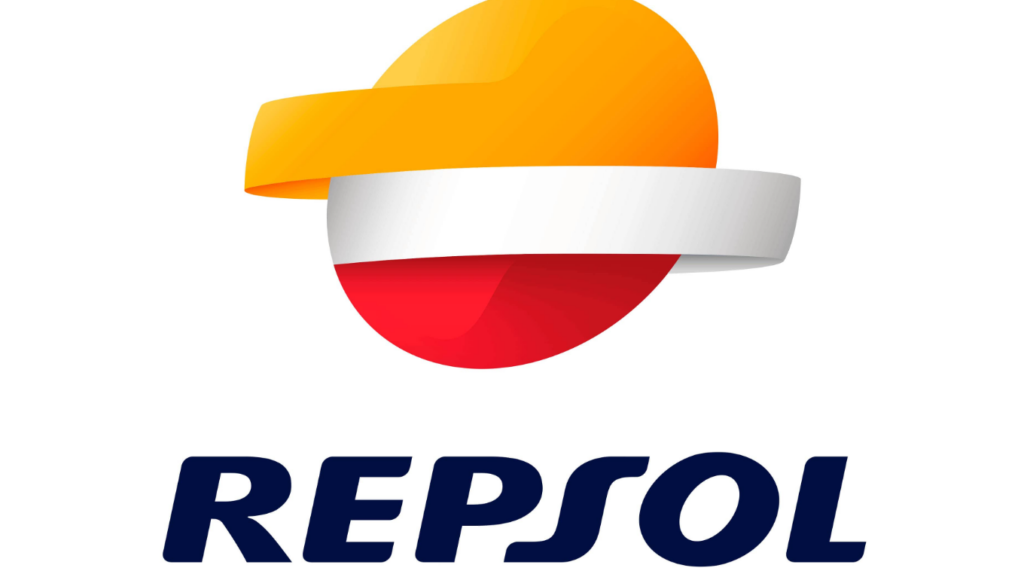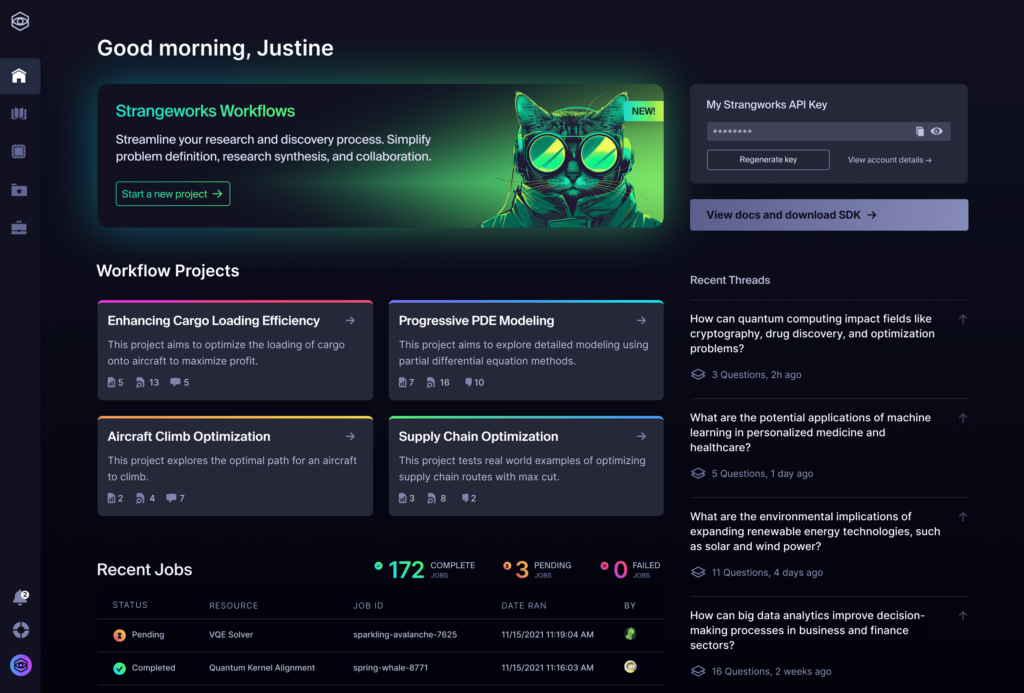Quantum technology has already shown great strides in helping to advance medicine and healthcare systems. From quantum computers optimizing drug designs to radiation therapy, our healthcare systems are becoming more efficient and affordable. While this technology is not yet ubiquitous, its impacts in different medical fields are slowing making quantum seem irreplaceable.
One particular field that quantum technology is showing significant success in is neurology. Neurology has become a recent hot field due to publications on the effects of COVID-19 on the brain. There are many ways that doctors and researchers view the brain for research. One of these ways is a method called magnetencephalography, or MEG. MEG works by measuring small magnetic fields produced by charged particles inside the brain to identify brain activity. While MEG helps produce accurate images of brain functions, it is expensive to use and difficult to transport. One research team is looking at quantum sensing as a way to make MEG’S cheaper and more travel-friendly.
At the University of Sussex, a team of scientists has developed a new type of quantum sensor that could be used similar to a MEG. Published in Nature Scientific Reports, the sensor uses Optical Pump Magnetometers (OPMs) to look at the brain’s magnetic fields. This sensor contains a cold gas of rubidium atoms. These atoms are exposed to laser light, and when they detect magnetic field fluxes (thanks to the OPMS), they can shift their emittance. This gives a higher resolution to the imaging, as the sensors work on a quantum level, finding even the most minute fluctuations. The first author of the paper, Ailkaterini Gialopsou, found that this new type of sensor could be extremely beneficial in finding brain disorders, such as Alzheimer’s and dementia. These disorders can be diagnosed by looking at possible strange magnetic field behavior in the brain.
The sensor not only gives a higher resolution than a MEG image but also can track real-time neuron changes as they happen. Gialopsou and her team gave volunteers a series of visual images and measured neuron change as the volunteers studied the image. Real-time neuron-tracking can be extremely beneficial for neurologists as they can see if a patient’s brain activity is slowing down as they age. A significant slowdown can be an indicator of dementia or other problems. This quantum sensor offers new calibration technology to determine how these health problems progress in patients, which in turn can contribute to a treatment plan.
Quantum sensing is also being used by other groups to develop similar brain scanning technology. The EU Flagship research project MacQSimal is working to create a helmet made of quantum sensors to give more accessible equipment to researchers and hospitals. Their sensor still has a few kinks to be ironed out, such as the hot temperature of the OPMs. While it may take some time for this equipment to be implemented, it can make a huge impact in helping to determine effective treatments for brain disorders, like dementia or Alzheimer’s. Additionally, quantum technology can make the research more cost-effective, and help researchers make significant strides in unlocking the secrets of the brain. Making these types of tools allows for more affordable healthcare for patients, as the cost of the brain scan significantly decreases. As this technology is still in the process of getting developed, patients won’t have access to it for some time. Yet, papers like the one from the University of Sussex team show real results from the utilization of quantum technology in the field of medicine.

If you found this article to be informative, you can explore more current quantum news here, exclusives, interviews, and podcasts.



















